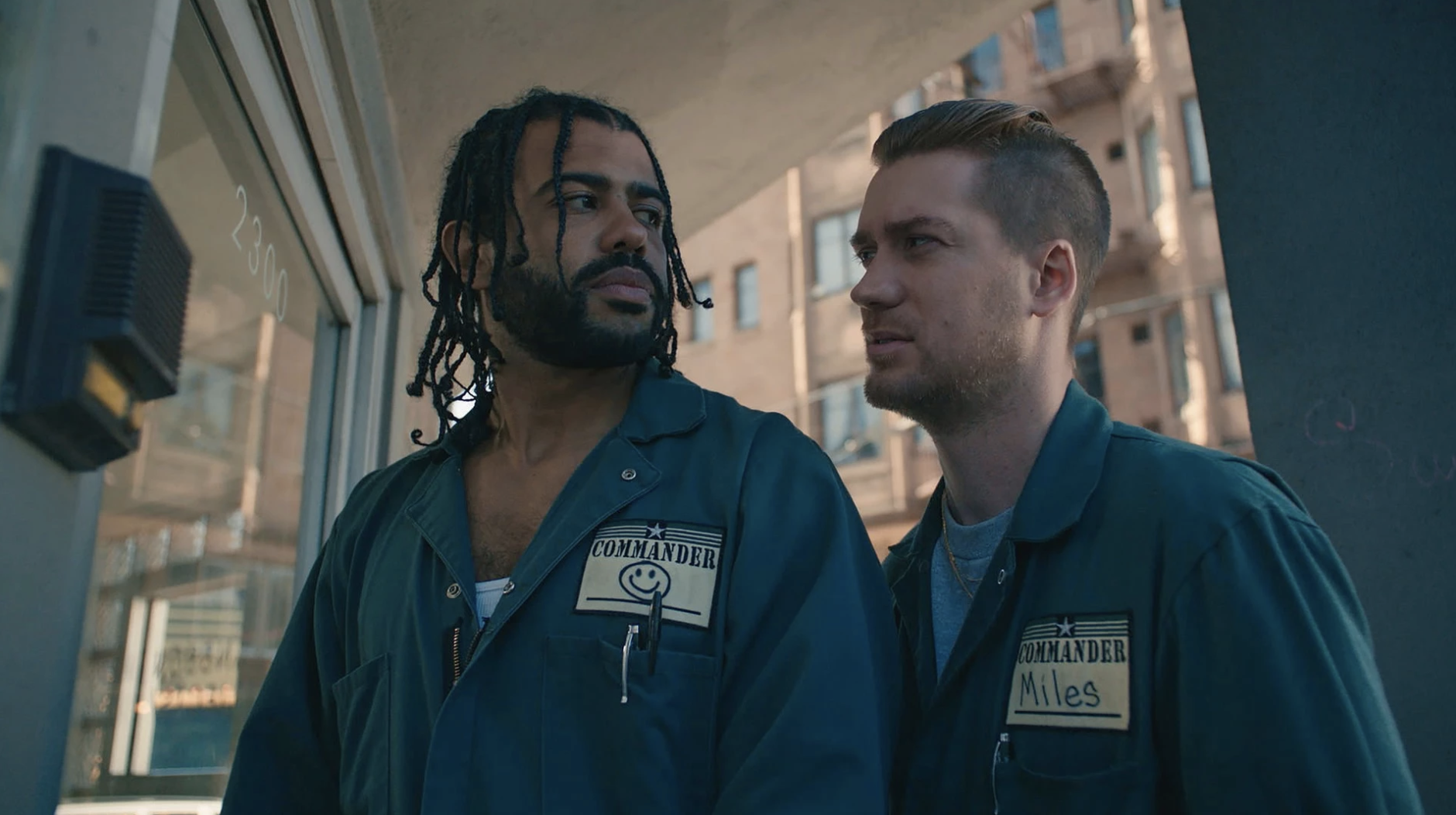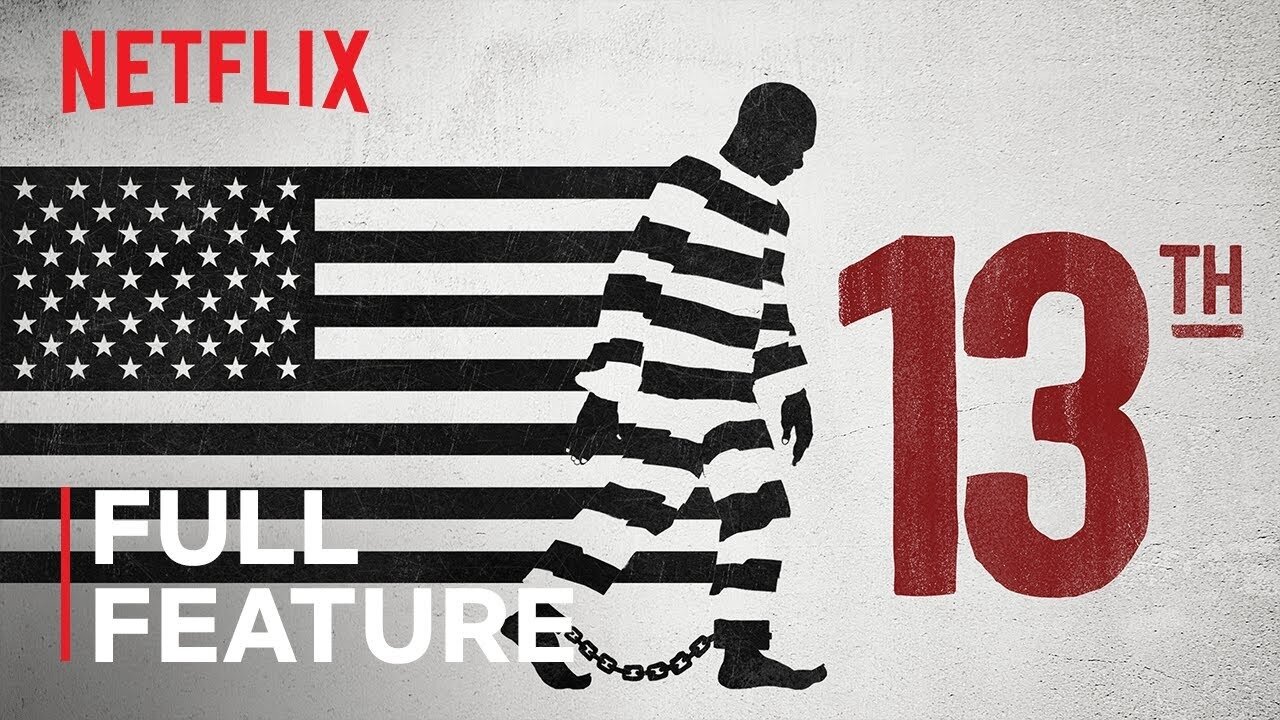8 Movies About Racial Injustice to Watch Right Now
Here at the Moviegoer, we acknowledge the power of film as a platform to amplify voices and tell stories otherwise untold. And at this moment, we recognize the urgency to focus our attention on stories of systemic racism and injustice against Black communities.
Film is a great jumping-off point, but by no means is it where learning and action should stop. Before you read any further, consider using these resources as a way to engage beyond film:
This comprehensive list of Black and African American-focused charities.
This article that outlines 8 ways to support the Black Lives Matter movement, and this list of resources for supporting the movement.
The Black Lives Matter page hosting petitions concerning crisis response and Coronavirus
This change.org page with multiple other racial justice petitions to sign.
And this change.org page with petitions specifically concerning Black Lives Matter.
See You Yesterday
See You Yesterday is the feature-film debut of Stefon Bristol (based on his short film of the same name), and was produced by Spike Lee. The story follows two teens (CJ and Sebastian) who have, miraculously, invented time travel. But, instead of going back to meet historical figures (Bill and Ted’s Excellent Adventure) or accidentally letting one of their moms fall in love with them (Back To The Future), CJ’s brother becomes a victim of police brutality, and they go back to try to save him. See You Yesterday consistently subverts genre conventions and audience expectations of time travel films, introducing potentially cliché and easy solutions only to whip around and smack you with a healthy dose of reality. It’s hard to discuss how the film does this without spoiling the powerful ending, but it’s essentially about how police violence is a systemic, complex cycle that’s impossible for a single individual to solve, which gets directly to the heart of the matter.
- Hannah
Strong Island
Strong Island is a documentary by Yance Ford investigating the murder of his brother, William Ford Jr., and failure of an all-white grand jury to indict the white man who shot him. Yance deftly guides the narrative through old photographs (an authentic and personal touch) and emotional interviews with those closest to his brother. He navigates his family’s story through multiple viewpoints, mainly his mother’s, brother’s best friend, and own. Ford captures the intricacies of his family’s dynamics through several decades, from his mother’s dissatisfaction with their move from Brooklyn to the mainly black suburb of Central Islip, to Yance’s relationship with his own queerness, which he never divulged to his brother. In part, what makes the documentary so powerful is that Yance effortlessly blends his family’s story with the historical narrative of system racism. In one scene, Ford’s mother vows that she’ll die believing that the grand jury chose not to indict because William was a black man. In another, Ford says he imagines that William’s killer looks like every white man he’s ever seen. The viewing experience is certainly uncomfortable at times, but Ford is a masterful storyteller, making Strong Island a powerful display of a family’s grief and anger toward a justice system that failed them.
- Hayley
Sorry To Bother You
I saw this in theaters when it came out in 2018, and to this day, I have no idea how a film this intensely surreal and biting got a wide theatrical release. At first, the film is an incisive and funny satire of the ridiculous measures African Americans have to take to succeed in the workplace (protagonist Cassius has to use an obviously fake “white voice,” lovingly provided by David Cross). But, as it goes on, Sorry To Bother You dives much deeper into the absurdities of modern capitalism, and how, when taken to their logical extremes, those absurdities can be horrific. It’s actually quite amazing how deftly the screenplay tackles how race and class are interconnected, and the film itself is the best critique of the typical “pull yourself up by your bootstraps” narrative I’ve ever seen. Given how generally awful mainstream cinema (and other forms of entertainment, if we’re being honest) is at depicting and addressing systemic issues, Sorry To Bother You stands out as particularly important, and should be used as a blueprint for future projects with similar ambitions.
- Hannah
The Central Park 5
I saw and discussed this documentary in my Junior year AP lit class, and its impact on me was huge. This was one of my first open discussions of how racial bias and criminal injustice has underserved America’s values for decades, and just how harrowing that reality can be. This documentary follows the 1989 Central Park jogger case. In this case, four African American and two Hispanic teenagers were convicted and charged for the rape of a woman in the namesake park. It was not until years later that it was uncovered that these teenage boys were innocent — having been without counsel and coerced into giving confessions during the early investigation period. This documentary highlights the racial bias that pervaded every aspect of the investigation and trial and provides a continuous conversation of racialism that has been calamitous in the lives of many, specifically those wrongfully imprisoned in this case.
- Gaby
Just Mercy
Just Mercy is inspired by the true story of Bryan Stevenson, a Harvard law school graduate who starts a firm to fight for people on death row in Alabama. Stevenson ends up working on multiple cases of black men in a Montgomery prison, including that of Water McMillian. McMillian was convicted of the murder of an 18-year-old, but Stevenson is convinced he’s innocent. As he further investigates the incident, Stevenson finds evidence of the racially-charged motives of multiple officials that ultimately put McMillian behind bars and on death row. When he keeps challenging the system and hitting barriers, Stevenson decides to discuss McMillian’s case in a 60 Minutes interview in order for it to gain public attention. Ultimately, McMillian is freed, but viewers are given a detailed look into the racism and prejudice that infiltrate the criminal justice system in America.
While watching the movie, I found myself holding my breath on multiple occasions because the content was so intense. But that’s precisely the point. The movie is powerful, at times uncomfortable, and ultimately leaves viewers with numerous questions about morality and justice. It depicts the reality of the black experience in the U.S. criminal justice system and drives home the point that change is desperately needed.
- Tamar
Blindspotting
Blindspotting, directed by Carlos Lopez Estrada, explores the dynamics between Collin, a black man on probation for injuring someone in a fight, and his best friend, Miles, a white man who also grew up in Oakland but feels that he has to act a certain way to prove that he is poor. Constantly, we see Collin face consequences for Miles’ violent behavior, and the film’s social commentary through this dynamic has become increasingly relevant considering the recent riots where black peaceful protestors were often blamed for the violence enacted by people who were often white, or associated with white supremacist groups. At the beginning of the film, Collin witnesses a police officer murder a black man, and we see not only Collin’s individual trauma, but the collective trauma of his community, where children are taught in school to put their hands up and yell, “don’t shoot”. The film is a great portrayal of the privilege experienced by white people even if they are poor, and how refusing to recognize this privilege can harm the black people around them.
- Shana
13th
13th should be essential viewing in this modern age, and tissues and a notepad are essential goods to have on hand while watching this gripping 2016 documentary by Ava DuVernay. Visually compelling — seamlessly blending black-and-white facsimiles of old newspapers, photographs and news footage with animated infographics, moving lyrics from hip-hop classics and live interviews with a range of historians, activists, policy-makers and activists — this documentary unpacks the American criminal (in)justice system, tracing its origins in the 13th Amendment that repackaged, instead of razed, the institution of slavery in this country. When I first watched it in September 2019, I cried, incredibly saddened at seeing the rise of the police state during Jim Crow and then again at a staggering rate post-Nixon in the neo-liberal. I When I watched it again in the wake of the George Floyd protests, I was angered — angered at media institutions who helped craft fear-mongering angles, angered at ALEC and corporate elites, angered that there are more names added to the list of those killed by the police since 2016. The last 10 minutes of the film directly address police brutality as not the problem but merely a “reflection of the much larger brutal system of mass incarceration,” an incredibly sobering thought when you consider how many have lost their lives to that mere reflection of the greater monster that has consumed even more lives. Get ready for an hour and 40 minutes of sobering statistics, horrific histories and an ending that spells hope in three letters: BLM. - Chardonnay
Da Five Bloods
New from Spike Lee comes Da Five Bloods, a film about four Vietnam veterans who return to the site squad leader ‘Stormin’ Norman’s remains from his being KIA. Since the announcement of this film to the day of its release, so much has happened within American society that makes its timing so quintessential. Anything Spike Lee typically has loads of commentary on historical nuances and criticisms, but this film strives at lengths to really combine visual creativity and critical analysis of the Vietnam war, the appropriation, exploitation, and treatment of black lives and soldiers from the civil rights era to now, and much more (the latter being the most significant and in this moment, most important). I don’t want to spoil anything, so I will shy away from exposing the plot, but all I can say is — this film will leave you with your jaw dropped and mouth covered in many moments (as it did me), and it will implore you to question the masking of atrocities that our country was responsible for. Lee’s work in this film is some of his most powerful and striking, and it begs a revision of the ideals that America stands by.
- Gaby







